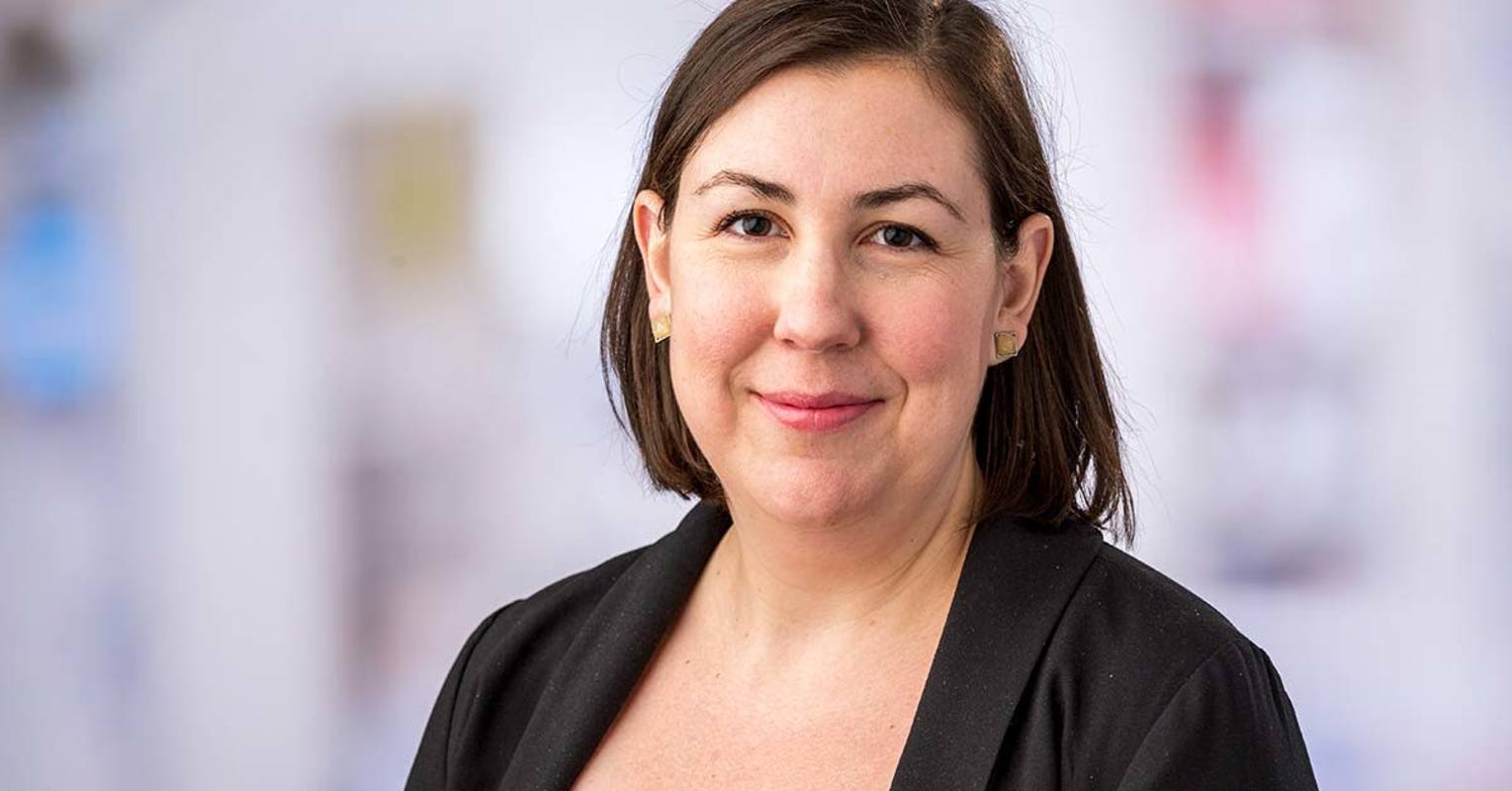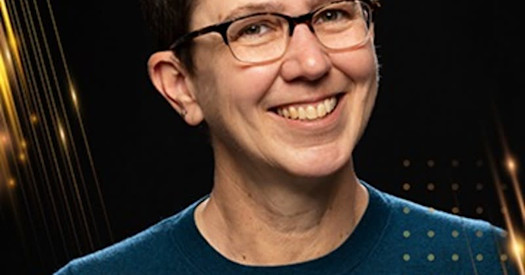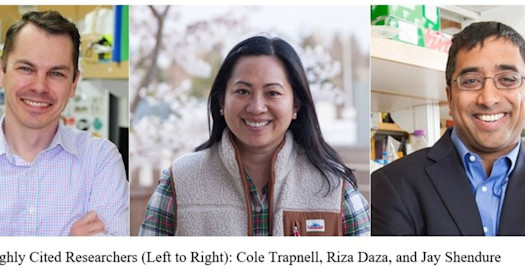 Dr. Alice Berger
Dr. Alice Berger
Alice Berger says science begins at the end of what you can learn in a class. She’s devoted her career to cancer biology at the Fred Hutchinson Cancer Center and is at the forefront of research to reduce suffering caused by the disease.
About Alice Berger
- Company: Fred Hutchinson Cancer Center
- Current position: Associate professor
- Years in position: 1 (assistant professor for 5 years prior)
- Hometown: Morgantown, West Virginia
- Residence: Seattle
- Family: Husband, Peter, and three kids, Zoe (11), Sabrina (9), and Jack (6)
- Education: B.S., chemistry, University of Virginia; Ph.D., molecular biology, Cornell University
- Favorite thing to do when not working: Going to see live music
Why cancer biology?
I have always been passionate about learning how the world works and I really enjoyed school. As you advance through your education, you eventually get to the end of what you can learn in a class. That’s where science begins. It is incredibly challenging but also exhilarating to be at the forefront of human understanding. I became interested in genetics due to the elegance and simplicity of how instructions for life are encoded in DNA. What drove me towards cancer biology is that I wanted my efforts to have a positive impact on humankind — there is so much more we need to do to prevent and reduce suffering caused by cancer.
What was one of your "eureka" moments in genome sequencing?
One of the most exciting moments was our identification of MET mutations in lung cancer. I was part of a large collaborative effort to sequence all genes in hundreds of lung tumors to find genetic changes that promote cancer. There are many mutations in cancers — sometimes thousands in an individual tumor. We must sift through the noise to find the mutations that matter. ... After publishing that MET was mutated in 5% of lung tumors, oncologists raced to try MET inhibitors in these patients and within a year, there was positive data showing these drugs were helping patients. It was so exciting and rewarding to play a small part in that arc of discovery and medical advancement.
You lead a lab, and most of the researchers in your lab are women. Why is that important to you?
I think it’s important to try to increase female representation in science and especially data science where the disparity in representation is extreme. Equal representation will help to improve access of female scientists to important resources and collaboration opportunities.
What has been your greatest career challenge? And how did you overcome it?
Being a mom of 3 and juggling a lab and parenting has been extremely difficult. Early on when I was having my first babies during my training, I was fortunate to have a supportive mentor and a collaborative infrastructure that helped me keep my science going — even when on maternity leave. Now as a professor what I love about my job is that it’s very flexible. I keep a mostly normal work schedule, but I can adapt as needed. I have been fortunate to have a husband who is incredibly engaged in parenting. Having to balance home and work responsibilities has made me more effective in every area of my life.


